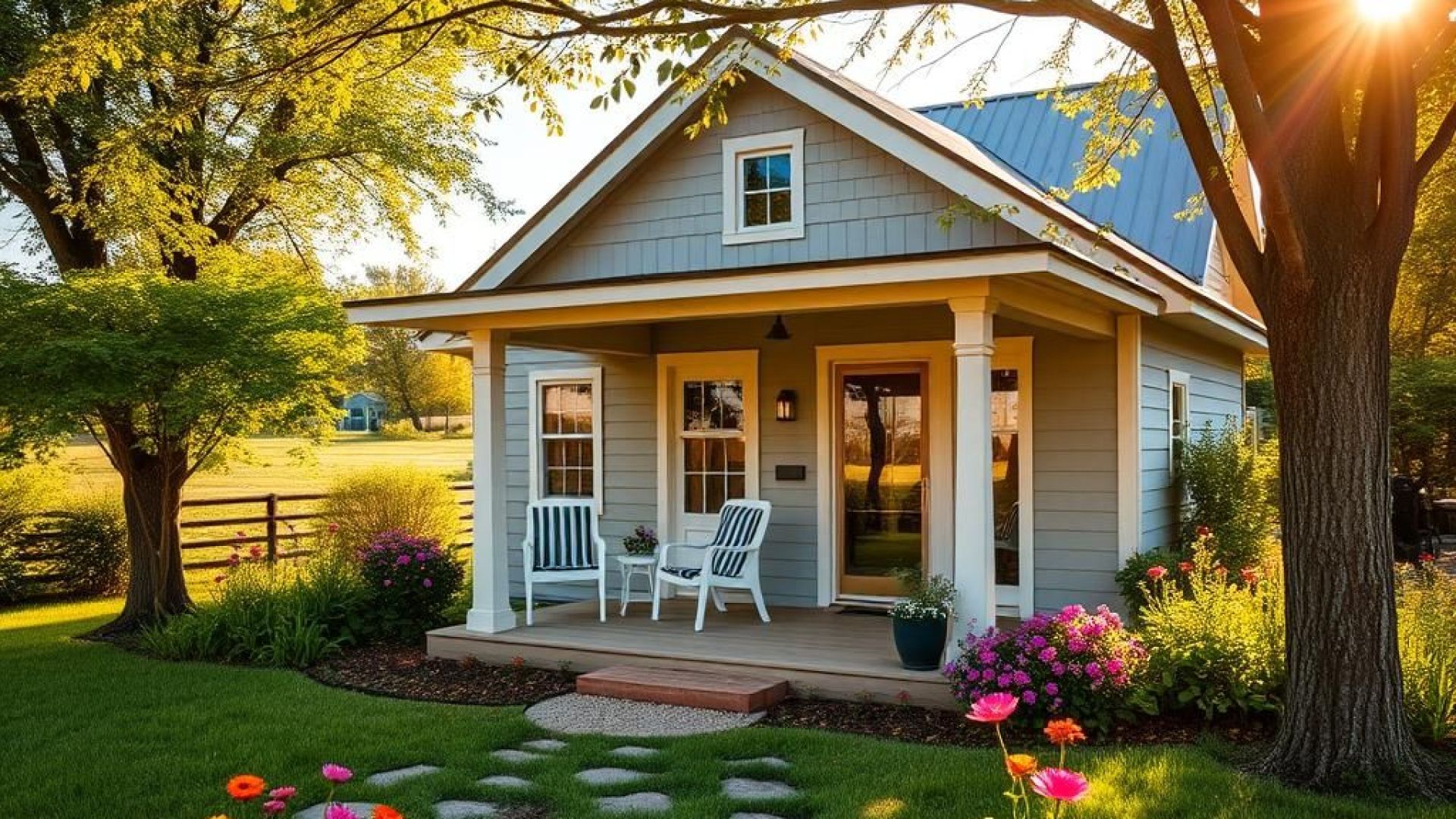
Secondary residence: the ultimate guide for a successful investment
Second home: the ultimate guide for a successful investment
Investing in a second home is a project that raises many questions and considerations. Whether it's to enjoy family relaxation moments, generate rental income, or diversify one's assets, it is essential to fully understand the stakes and specifics of this type of investment. In this article, we offer you a comprehensive guide to help you navigate the world of second homes, covering financial aspects, selection criteria, acquisition options, practical advice, legal aspects, and rental management.
The different investment possibilities for a vacation home
How to choose the ideal location for your second home
Key Points to Consider Before Buying a Vacation Home
Should we prioritize the emotional aspect or financial profitability?
The decision to invest in a second home is not limited to financial considerations. Although profitability is an important aspect, it is equally crucial to consider the emotional aspect of this investment. Indeed, a second home is often perceived as a living space, a place for sharing and conviviality. It is therefore essential to find a balance between these two dimensions. On one hand, it is necessary to evaluate the profitability potential, especially if you plan to rent out your property. On the other hand, it is essential to ensure that this investment meets your personal aspirations and your vision of an ideal living environment.
In short, investing in a second home must be a well-thought-out process, where the emotional aspect and financial profitability intertwine. This involves clearly defining your objectives, whether for family vacations, getaways with friends, or a rental project. By taking the time to analyze these different aspects, you will be able to make an informed choice that will meet your long-term expectations.
What are the advantages of a second home?
The advantages include the possibility of enjoying a personal vacation spot, asset appreciation, and potential rental income.
How to choose the location?
The location should consider accessibility, local attractions, and rental demand.
What are the costs associated with the purchase?
The costs include the purchase price, notary fees, property taxes, and maintenance fees.